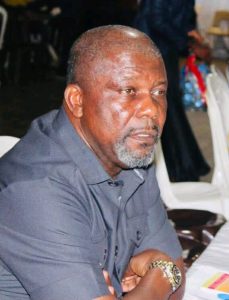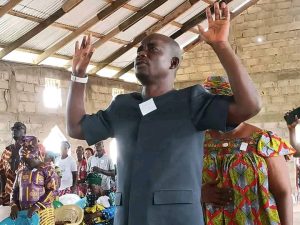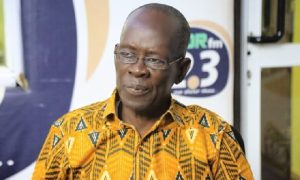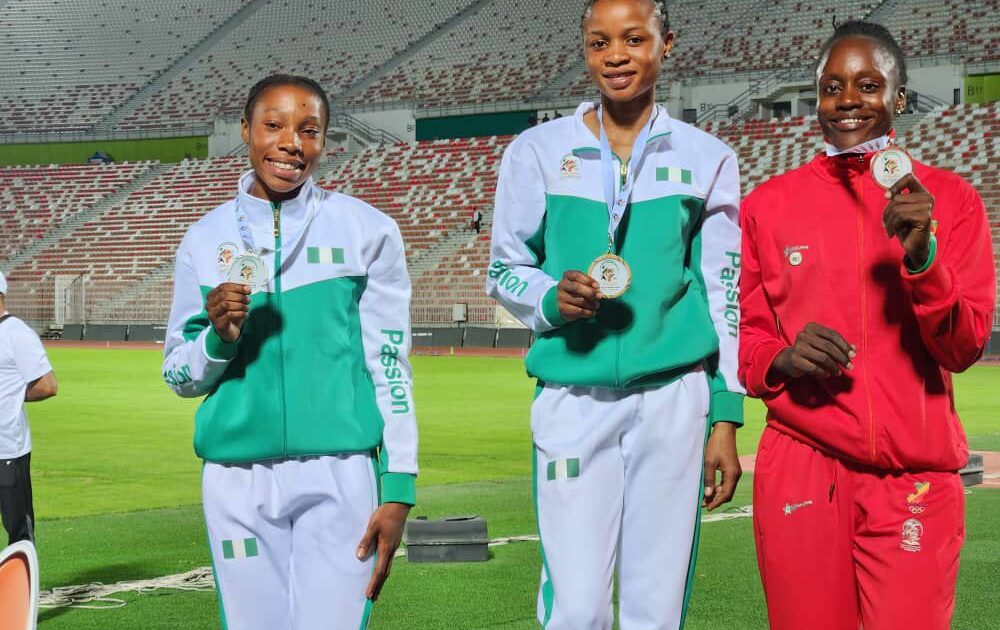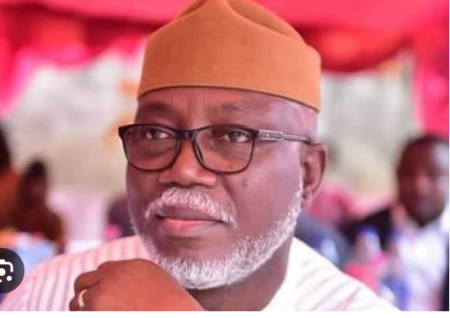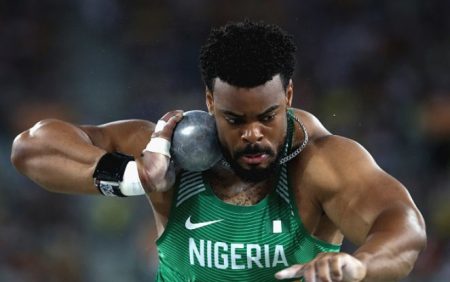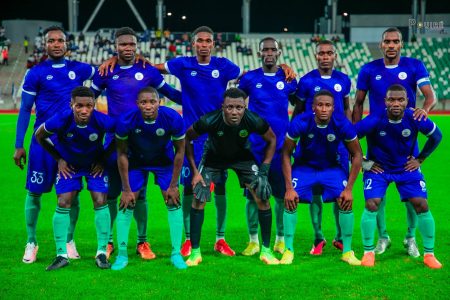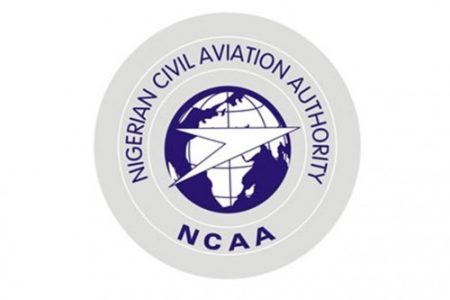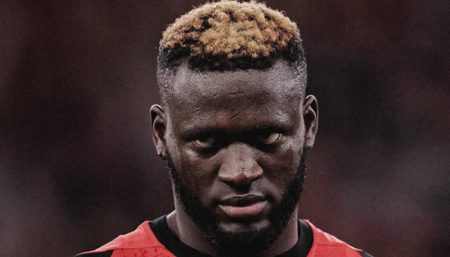The inaugural African School Games, held in Algeria, witnessed a thrilling upset in the girls’ 100m final. Rosemary Nwankwo, a budding Nigerian sprinter, defied expectations by clinching the gold medal, leaving her more established compatriot, Miracle Ezechukwu, to settle for silver. Nwankwo’s victory, achieved with a time of 11.75 seconds, marked a significant turning point in her career, as she had consistently trailed Ezechukwu in previous competitions. This triumph also served as sweet revenge for her recent loss to Ezechukwu in the 200m race at the African U-18 and U-20 Championships held in Abeokuta, Nigeria. The Algerian race showcased Nwankwo’s burgeoning talent and cemented her emergence as a force to be reckoned with in African sprinting.
The 100m final, featuring two Nigerian prodigies who had trained together under the national youth athletics program in Abuja, was highly anticipated. Both athletes had demonstrated their prowess in the semi-finals, with Nwankwo clocking a personal best of 11.72 seconds and Ezechukwu matching her eventual final time of 11.83 seconds. The stage was set for an electrifying showdown between these two rising stars. While Ezechukwu entered the final as the favorite, buoyed by her recent triple-gold haul in Abeokuta, it was Nwankwo who seized the moment in Algeria, showcasing her exceptional speed and determination to secure the coveted gold medal. This victory not only signaled a shift in the balance of power within Nigerian youth sprinting but also underscored the depth of talent emerging from the country’s athletics program.
Nwankwo’s gold medal performance was a highlight for Team Nigeria, which enjoyed considerable success on Day 2 of the games. Their impressive medal haul in athletics included one gold, two silver, and one bronze, bringing their total to six medals. This strong showing reflected the dedication and hard work of the young athletes, as well as the effectiveness of the country’s investment in youth sports development. Nwankwo’s victory, in particular, served as an inspiration to her teammates and a testament to the potential of Nigerian athletics on the continental and, potentially, global stage.
Beyond the individual triumph of Nwankwo, the Nigerian team’s performance highlighted the positive impact of structured athletic programs in nurturing talent. Both Nwankwo and Ezechukwu had benefited from training together in Abuja, fostering a competitive yet supportive environment that pushed them to excel. Their shared journey underscores the importance of investing in grassroots sports development to create a pipeline of talented athletes capable of representing their country at the highest levels of competition. The success of these young sprinters provides a compelling case for continued and increased investment in athletic programs across Africa.
The African School Games, a collaborative effort between the Association of National Olympic Committees of Africa, the International School Sport Federation, and the International Olympic Committee, serve as a vital platform for showcasing and developing young athletic talent across the continent. This inaugural edition, hosted across four cities in Algeria, brought together student-athletes from various nations, providing them with an opportunity to compete against their peers and gain invaluable experience on the international stage. The games, held until August 5th, represent a significant step towards promoting sports development and fostering a spirit of unity and competition among African youth.
The success of the Nigerian team, and particularly Rosemary Nwankwo’s remarkable victory, epitomizes the spirit and promise of the African School Games. The event not only provides a platform for individual achievement but also contributes to the overall development of sports across the continent. By fostering healthy competition and providing young athletes with opportunities to showcase their talents, the games play a crucial role in shaping the future of African sports. The performances of these young athletes offer a glimpse into the bright future of African athletics, reminding us of the vast potential that lies within the continent’s youth.


